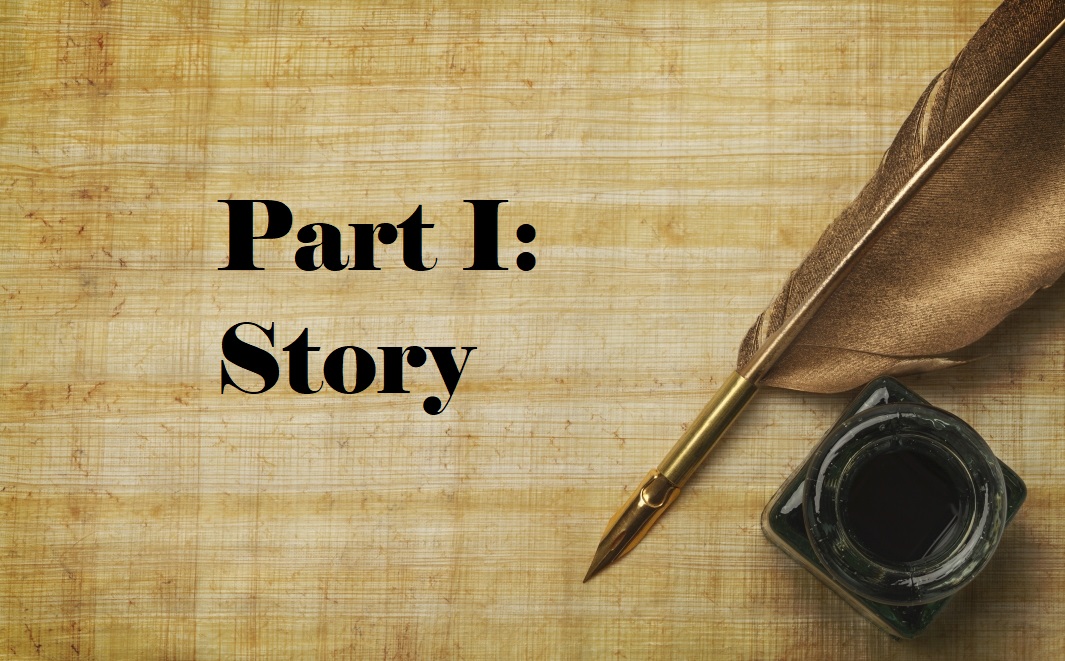Podcast: Play in new window | Download | Embed
Subscribe: RSS
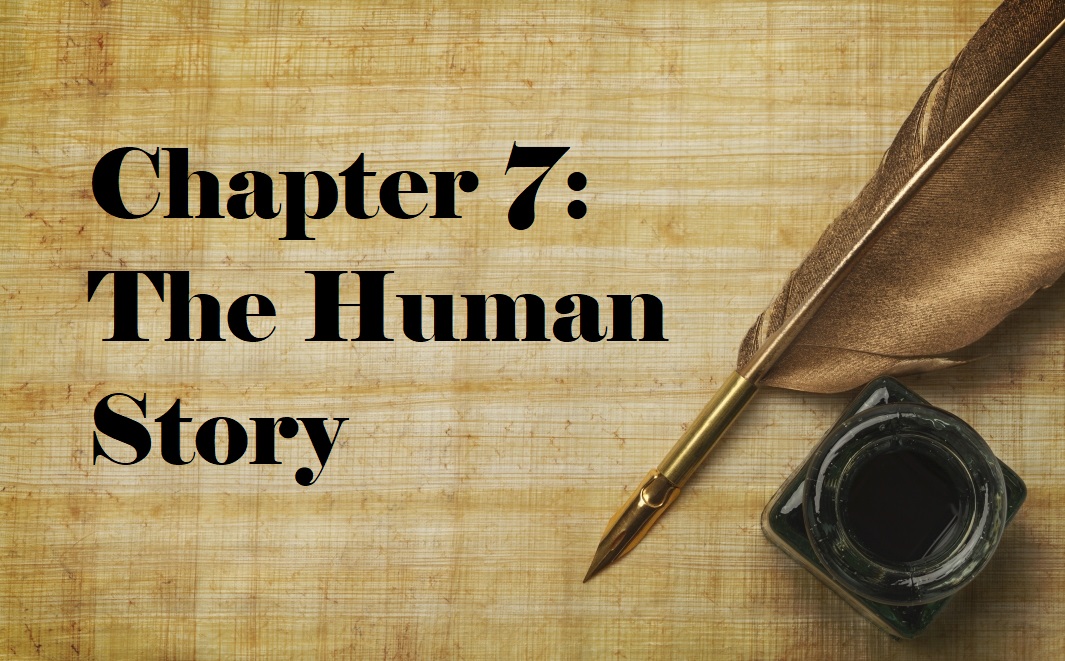
ReWriting the Human Story: How Our Story Determines Our Future
an alternative thought experiment by Nikola Danaylov
Chapter 7: The Human Story
The Earth does not belong to man; man belongs to Earth. Man did not weave the web of life; he is merely a strand in it. Whatever he does to the web, he does to himself. Chief Seattle
We are story-telling animals. And all of history is the human story, our story. So, if today we are at the precipice of the singularly most disruptive change in how we live, how we organize ourselves collectively, and how we relate to the rest of the world, then we were led to this point by the story we have told ourselves – about who we are, where we’re coming from, where we are going and what is our proper place in the universe.
This story takes many forms and shapes – religious, secular, scientific, economic, literally, and artistic. But all tell of humanity’s “transcendence” of our animal origin, our growing mastery over “nature” [because it belongs to us, not the other way around] and a future of “abundance” [that is “better than we think”]. It is the teleological story of civilization, progress, humanism, and, most of all, a species whose manifest destiny is to become God.
What makes it dangerous is that we have forgotten it is a story. Because it has been told so many times by those who see themselves as rationalists or scientists, objective and impartial, true and good.
Up until the 20th century, all human civilizations took nature for granted. It seemed gargantuan and we never imagined we could damage, let alone threaten it. Today we are no longer so humble. Worse than that, even if progress in science and technology is a fact, progress in humanity is, at best, lagging. Because intellectually, technologically, economically, and scientifically humanity has progressed immensely. But psychologically or spiritually we have not moved that far. [As noted by Robinson Jeffers, human nature has no more changed in the last 10,000 years than the beaks of eagles.] And, unfortunately, while we have learned a lot about the birds, bees, fish, and oceans that doesn’t mean we’ll save, rather than destroy them all. [Ourselves included.] Especially since our current story tells us that the universe is ours for the taking and we are free to do with it as we please.
In fact, all of our current crises are self-created. If we look carefully at all the problems we are facing today we would realize that they are all the same. Things like nuclear proliferation, global warming, environmental degradation, and species extinction, even pandemics are all actually the same thing playing itself over and over again in different realms. Namely, humanity’s technological power far surpassing our wisdom to use it in a safe, productive, non-homicidal, and non-suicidal manner.
Yuval Harari notes that we jumped from the middle of the food chain, where we spent more than 2 million years, to the top only within the last 100,000 years. But because of our meteoric rise, we are ill-adapted to our current position of power and supremacy. And many of the calamities that followed – be it wars against other humans or the way we treat the environment, are due to that fact. Bears, wolves, lions, and sharks all evolved to be at the top of the food chain over many millions of years. And they are evolved to be in balance with each other and the world around them. We are not. This is why Harari argues that “Armed sheep are far more dangerous than armed wolves because they are not used to be in a position of power.”
We also moved from a view where “mother nature” was the all-powerful giver and taker to a view where we could and should “master” or “conquer” her. So now we are the wise giver and taker of life. And it is right and proper it is so. Because we are Homo Sapiens – the “wise man.” [A Freudian Oedipus complex at the scale of our civilization?!] And that is also a result of the myth that humanity isn’t a part of nature, but apart from it.
To be clear, our current human story consists of 4 main parts:
1. The story of progress.
2. The story of the supremacy and centrality of humanity.
3. The story of our separation from nature. [Are we a part of the world or apart from the world?]
4. The story of becoming Gods
The Industrial and Scientific Revolutions, Capitalism, Colonization and Imperialism, Climate Change and species extinction, soil erosion and ocean acidification, pandemics, Transhumanism, and Artificial Intelligence [AI] are all consequences and/or examples of the impact of our story. A teleological story of manifest destiny, transcendence, conquering nature, and, ultimately, the universe. A story that has brought us to our present and will guide and inform our decisions into the future. A story that gives meaning and value not only to us but also to the universe and everything in it. A story that can tip the scales towards extinction or survival.
The human story.
As E.O. Wilson noted:
Humanity … arose entirely on its own through an accumulated series of events during evolution. We are not predestined to reach any goal, nor are we answerable to any power but our own. Only wisdom based on self-understanding, not piety, will save us.

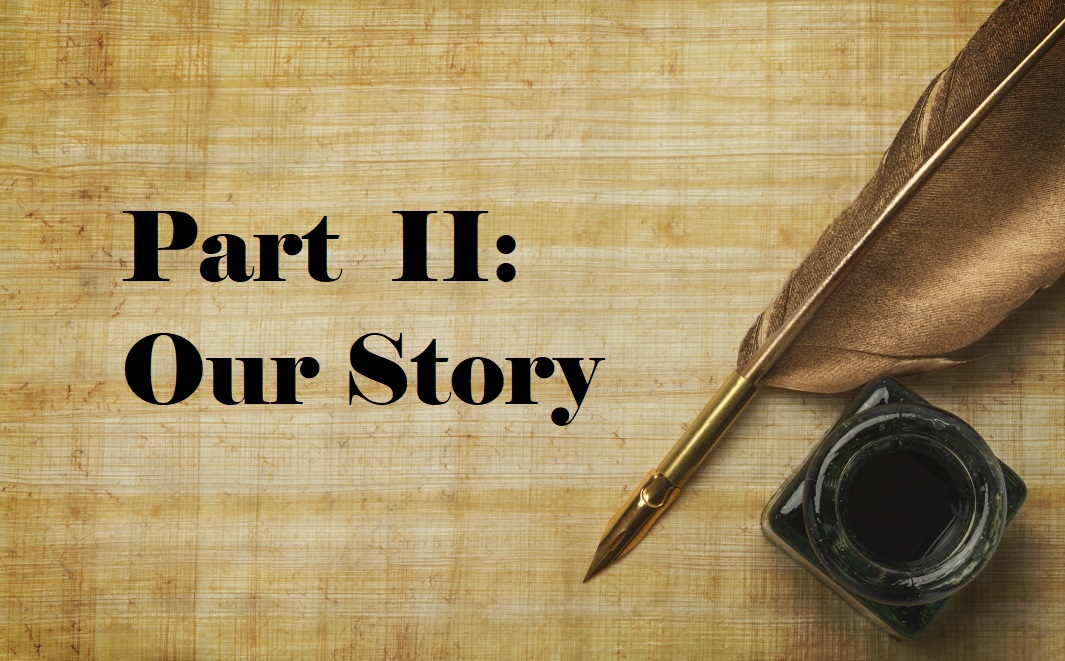 ReWriting the Human Story: How Our Story Determines Our Future
ReWriting the Human Story: How Our Story Determines Our Future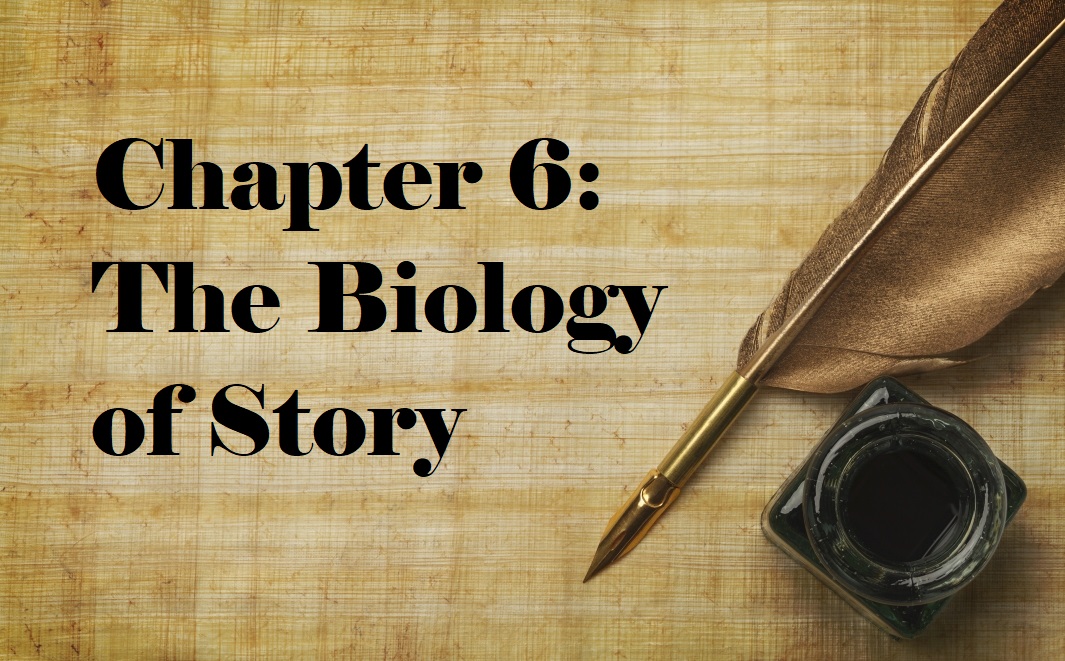 ReWriting the Human Story: How Our Story Determines Our Future
ReWriting the Human Story: How Our Story Determines Our Future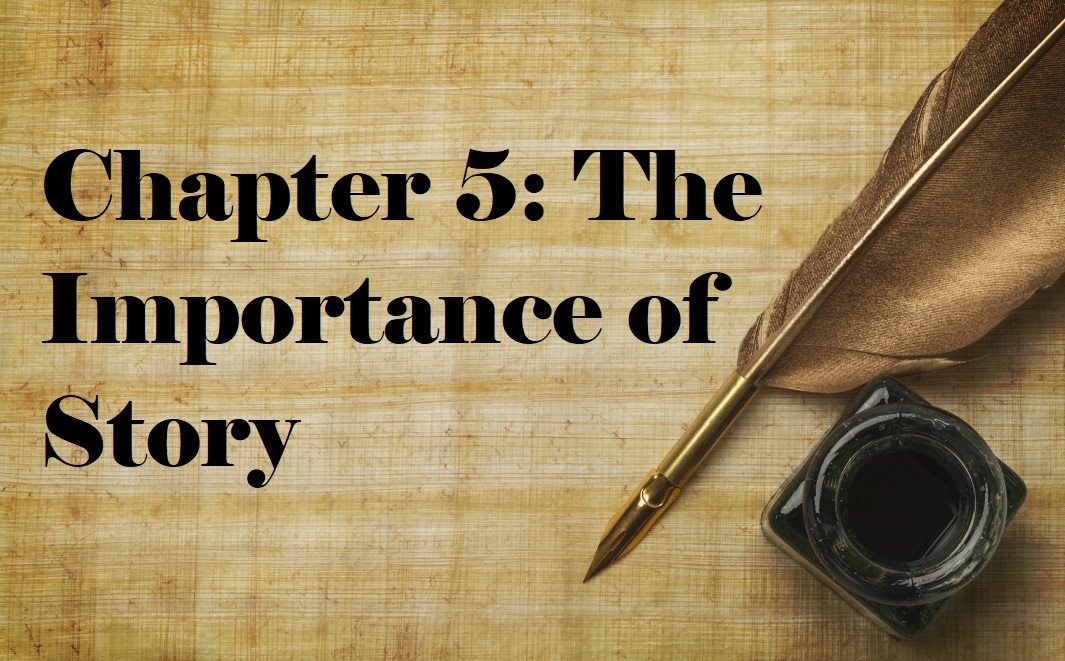
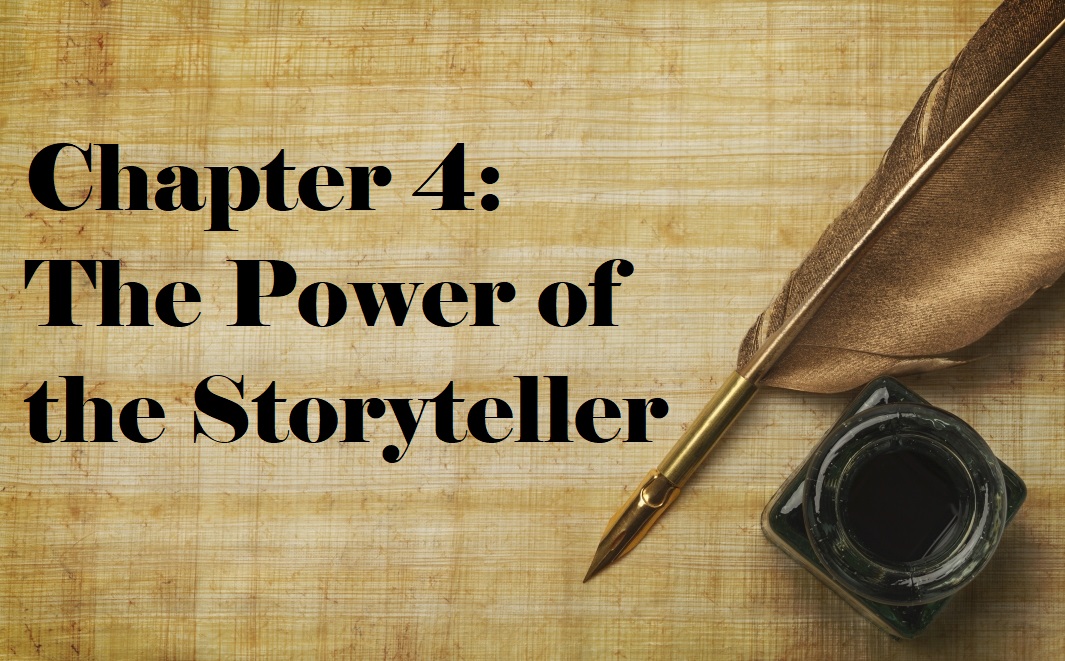
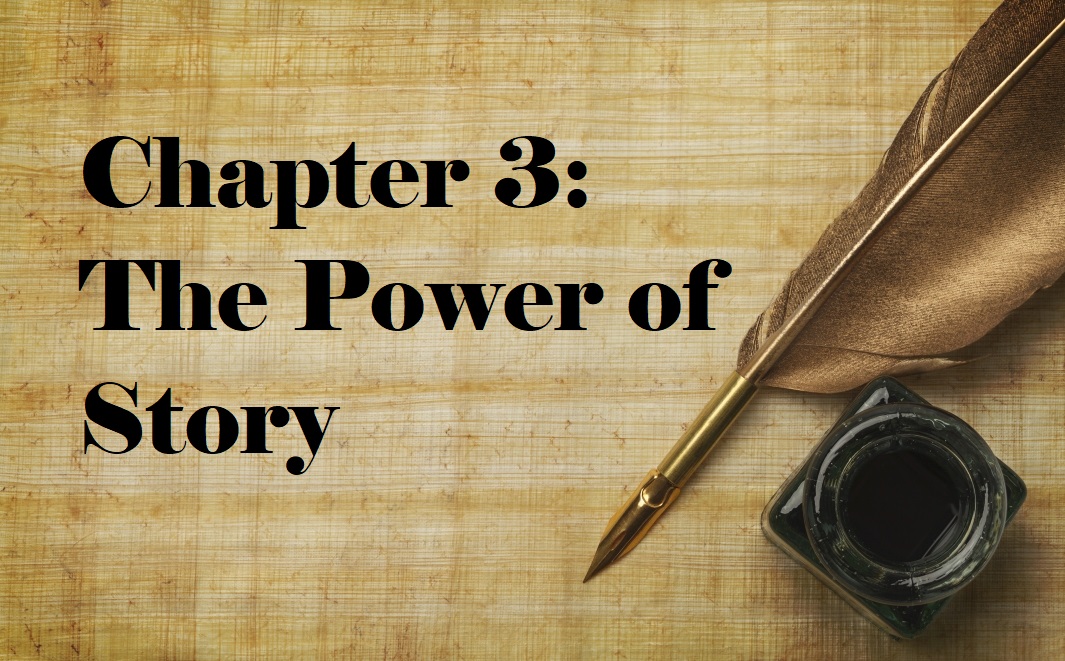
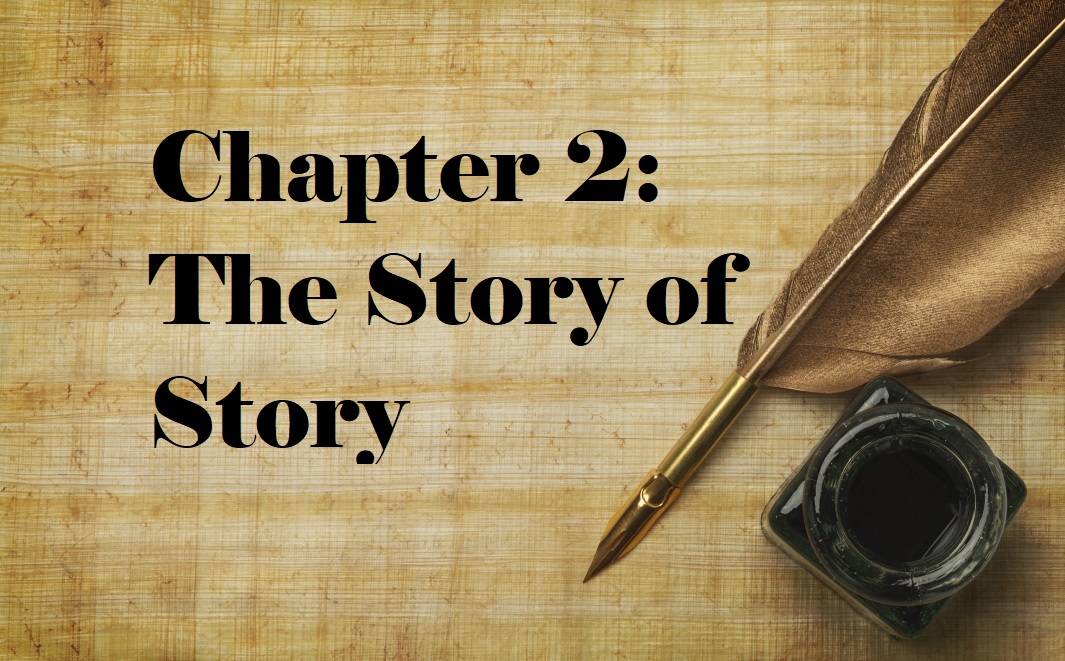 ReWriting the Human Story: How Our Story Determines Our Future
ReWriting the Human Story: How Our Story Determines Our Future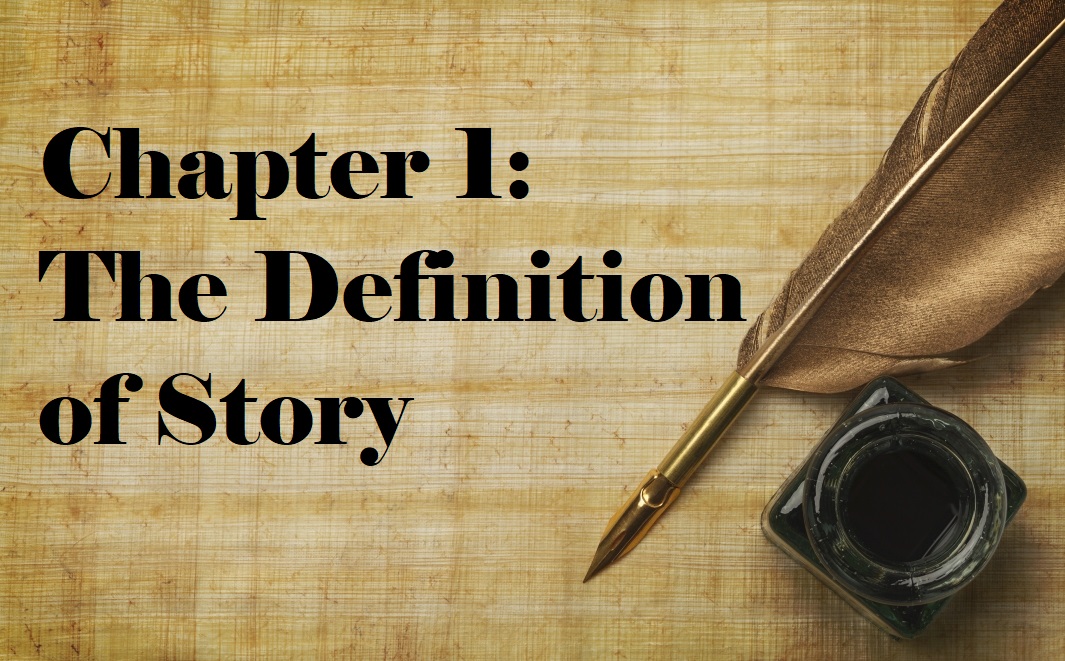 ReWriting the Human Story: How Our Story Determines Our Future
ReWriting the Human Story: How Our Story Determines Our Future